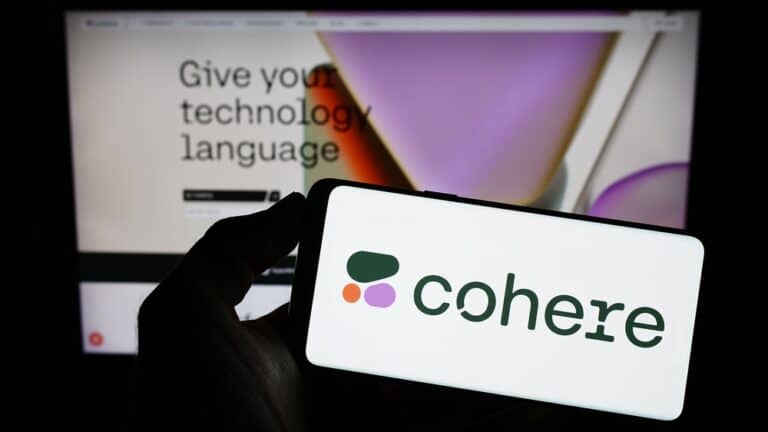AI company Cohere is now worth $6.8 billion after another successful investment round. Investors AMD, Nvidia, and Salesforce have doubled their investments. Canadian company Cohere has managed to distinguish itself in a crowded enterprise AI market. How did it do that?
Where OpenAI, Anthropic, Google, and Meta build AI models for both business customers and consumers, Cohere is fully committed to the enterprise market. Language models such as Command R(+) are optimally suited for RAG (Retrieval-Augmented Generation), and the newly released North is an agentic AI platform designed to secure business data.
The AI startup is also participating in the talent war currently raging in the industry, as TechCrunch reported in detail. Cohere recently hired Joelle Pineau, Meta’s former head of research, as its chief AI officer. Francois Chadwick was also appointed as the new CFO, following previous financial roles at Uber and Shield AI.
Enterprise focus as a distinguishing factor
Cohere was founded in 2019 by Aidan Gomez, one of the authors of the groundbreaking paper “Attention Is All You Need” that laid the foundation for modern GenAI. The company emphasizes that it “represents a security-first category of enterprise AI that is simply not fulfilled by customized consumer models.” This positioning has led to innovations such as the Aya model, which supports 23 languages.
The new funding round raised $500 million and was oversubscribed. It was led by Radical Ventures and Inovia Capital. AMD Ventures, Nvidia, and Salesforce Ventures participated in the investment again, although notably, Oracle is not mentioned as a returning investor. This is despite Oracle previously announcing a partnership with Cohere for the exclusive use of foundation models. In the meantime, that company has moved to OpenAI.
The company has entered into partnerships with key players in the enterprise sector, including Dell, Bell, Fujitsu, LG’s consulting service CNS, and SAP. Large companies such as RBC and Healthcare of Ontario Pension Plan, which also invested in this round, are also using Cohere’s solutions.
Can OpenAI and the rest find the right balance?
Although OpenAI dominated the AI news cycle with GPT-5, the reception has not been entirely positive. For business use, the model is still too volatile and differs in concept from existing options such as GPT-4o, o3, and o4-mini. It will therefore take some time before OpenAI’s offering proves itself again, especially for critical tasks. Google, Anthropic, and Meta also had bumpy launches in the past year, from awkward AI additions to Google Search to disappointing Llama 4 experiences.
For Cohere, there seems to be room to be a predictable factor in this area. Where other AI players are targeting consumers and the business market, they do not seem to have found the right balance yet. In fact, a product like GPT-5 cannot launch as unstable as it is if critical business tasks depend on it. If this trend of uncertainty continues, the case for a domain-specific, targeted approach by parties such as Cohere will gain more legitimacy.
Read also: Is GPT-5 suitable for business use?
